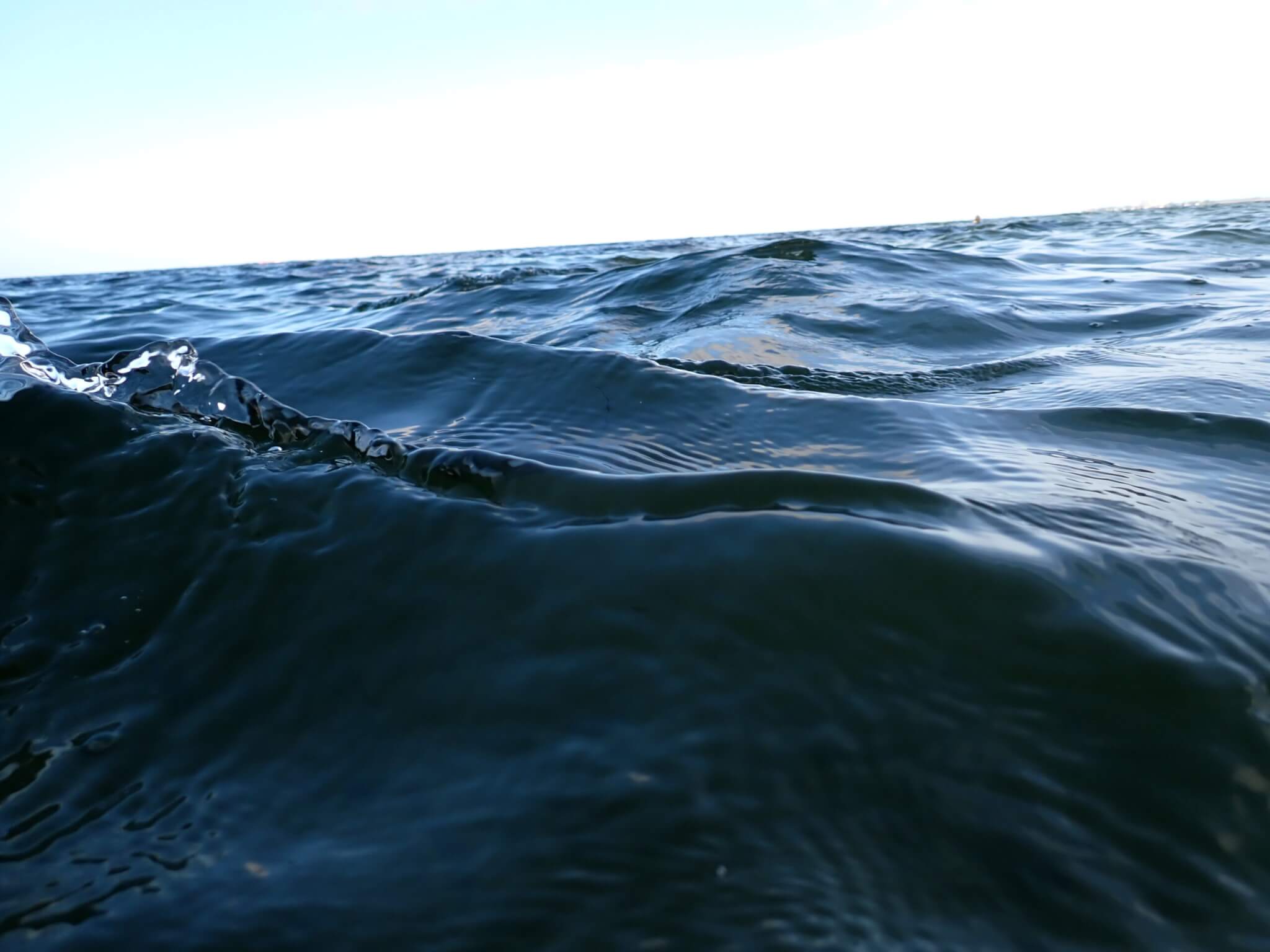
Currently reading Gravett (2025) on “Authentic assessment as relational pedagogy”
Authentic assessment is often understood as students doing practical, real-life, mostly outside-of-university tasks (and universities are often perceived as not part of the “real world” even though they should be, as Lockard & Bloch-Schulman (2023) also discussed). Recently, authentic assessment is even sometimes called upon as the antidote to students cheating with GenAI.
But, as Gravett (2025) writes, “assessment is a human intervention, underscored by power relations“, and offer ways to reconceptualise assessment as our ontology (theory of being or existence — in this case how students and teachers are engaged as human beings) changes, which should influence our epistemology (theory of knowledge, and in this case assessment as not purely exchanging tasks and assignments).
Gravett (2025) offers an alternative approach to authentic assessment based on relational pedagogy: “Thinking about authentic assessment as relational pedagogy involves considering how we connect and respond to our students, the learning environment and the situated particularities of students’ learning journeys, through our assessment processes. Rather than approaching assessment purely by thinking about ‘tasks’, and future ‘realities’, relational pedagogies ask us to think about both our students’ and our own evolving connections, relations and subjectivities as learners.” This also means that “authenticity [of an assessment task] is not so much an attribute of tasks but, rather, an opportunity for students to learn to become ‘who they endeavour to be’“, and authenticity becomes about trusting relationships where students feel that they matter and cannot “be located and locked in within a task, interaction or practice“.
There are three concepts that are helpful to consider when thinking about authentic assessment in this way:
- Mattering: Asking ourselves who and what matters. How can we make sure students know that they matter to us? (see also earlier blogposts on the topic)
- “Intra-action”: This concept is about our “self” only coming into existence through engagement with others (meaning that contact between assessor and student changes both)
- Affirmative ethics: This is about constructing positivity and thereby creating new relationships and social conditions. “Affirmative ethics […] offers a potentially radically different way of thinking about assessment, as a mode of caring, collaboration and connection, as opposed to measurement and competition.“
Gravett (2025) offers an example for authentic assessment in a university pedagogy program: a “portfolio […] designed as a thinking space that informs the dialogue“, which is developed over the 18 month of the course, and then used as the basis for a 1-hour assessment conversation (with the participant’s tutor, another tutor, and an external third observer) at the end of the program. So this conversation is really about learning together, developing relationships, and not about judging a finished end product (neither a portfolio, nor a personal development). What really resonated with me in this example is that the person being assessed may “bring in any literature and artefacts to aid their thinking“. Because why would we limit that?
I find it however difficult to make the transfer to what this would mean in a first-year compulsory math course (but then there is also no claim that this is possible or necessarily desirable). How would we not fall back into “typical” oral assessment, with rubrics and model answers and high pressure to perform? And would there still be a limit to passing? When you give people the chance to have learning conversations rather than jump through hoops, exciting things will happen, but how far does that work in different contexts? This really requires rethinking and transformation not only of assessment but of how we approach students, relationships, teaching and learning. And maybe this is also not something that we need to have figured out in advance, maybe the experience of a new way of authentic assessment can trickle down from participants in higher education courses, to whatever it means when they implement it together with their students?
Gravett (2025) summarise “authentic assessment as relational pedagogy involves asking questions: how does our assessment strategy develop relational connections, and encourage a shift away from a focus on individualised agency? What is the role of trust, dialogue, and care within assessment processes and practices? What freedom do we enable for diverse learners to approach their learning in different ways?“, and offers even more questions elsewhere, e.g. some that I find fascinating and very important: “Where can learners experiment within the programme?” and “How do we value unexpected outcomes?” Plenty to think about here!
Gravett, K. (2025). Authentic assessment as relational pedagogy. Teaching in higher education, 30(3), 608-622.
And now please enjoy some dipping pictures!
I am always so happy when I capture really blue water and glassy, toppling wave crests!
Or just blue water…
And suddenly higher surface roughness with a sudden burst of wind!
And the light and shadow…
And there are always surprisingly many foamy bubbles in the water!
And interference of capillary wave groups!
And this, btw, is the sauna after renovations!







